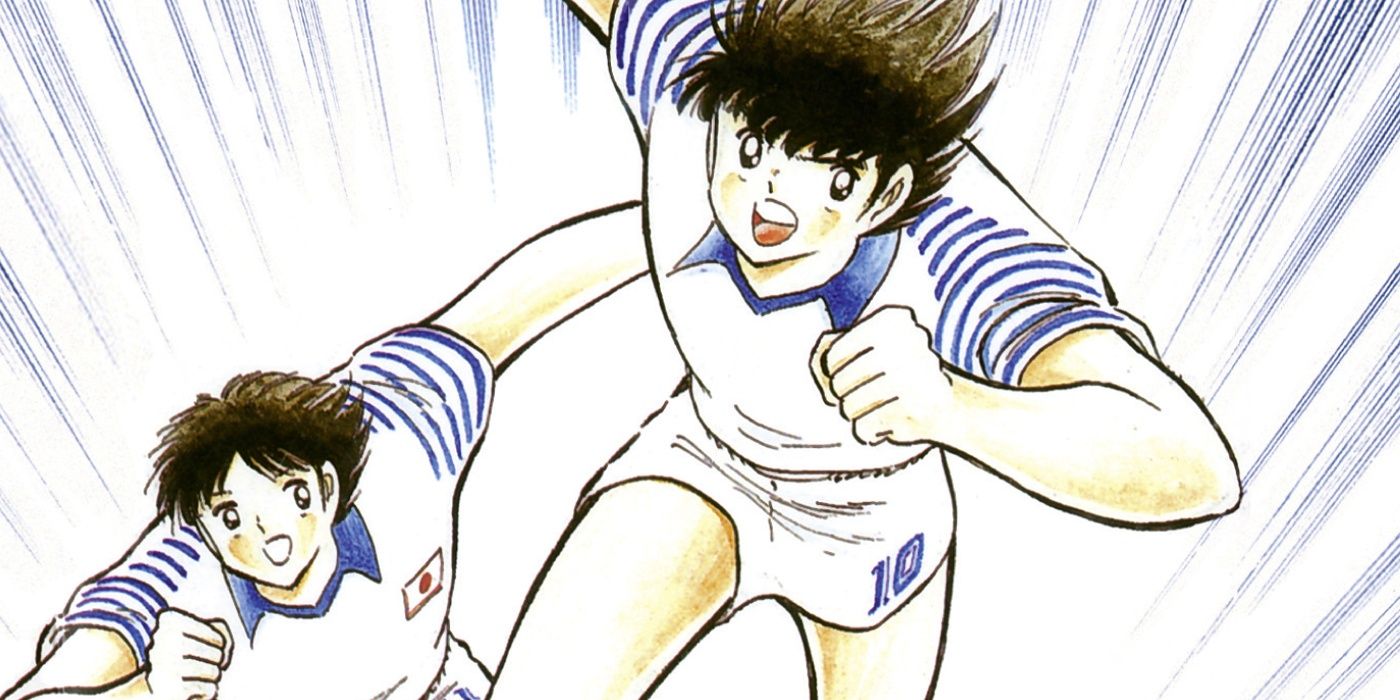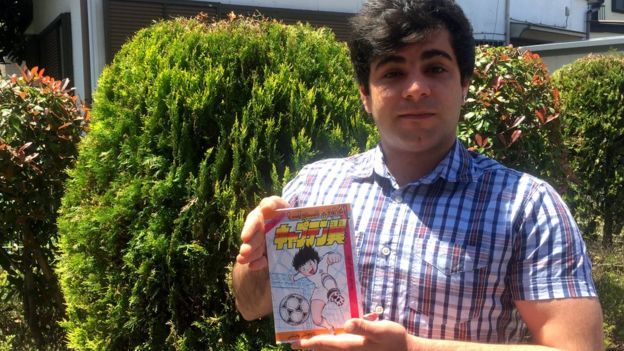Comics are often described as escapist entertainment, but occasionally they can offer both real escape and much needed respite for those who read them. This has certainly been the case for Syrian student Obada Kassoumah, as revealed in a recent story on the BBC news website.
When the conflict that eventually became the ongoing Syrian civil war first broke out in his homeland back in 2011, Obada was studying Japanese at Damascus University. In 2012, he was awarded a scholarship to study in Japan as part of an exchange program.
RELATED:Saudi Arabia Launches Its First Comic Con, Allows Public Gender Mixing
After the scholarship ended a year later, Obada was able to stay in Japan by enrolling as a normal student. He also found a part-time job translating Captain Tsubasa, a classic manga series about the sporting adventures of young boy who dreams of achieving international recognition playing soccer for his country, into Arabic.
Soccer and manga are both very popular across the Middle East, and the decision to produce an Arabic-language edition of Captain Tsubasa was originally made on economic grounds. But when Professor Masanori Naito, a Middle East specialist at Doshisha University in Kyoto who studied in Syria in his youth, found out about the project, he lobbied the series' original publisher, Shueisha, to donate some of the books to Syrian refugees.
The publisher readily agreed, and now Captain Tsubasa's adventures are being distributed to young Syrian refugees in camps across Europe, Turkey and the Middle East, where they have been incredibly well received.
RELATED: MEFCC: Crossing Cultures – Comic Cons in a Muslim Climate
Speaking to the BBC about the book distribution, Prof. Naito said, "for kids it is very important to be able to escape from reality for a while. And these books can also give them some hope for their own future."
Meanwhile, Obada remains in Japan, hard at work both studying for his degree and translating the seventh of the 37 volumes of Captain Tsubasa.
He knows that it is unlikely he will be able to return home anytime soon. "I have friends who are fighting with the government and other friends who are fighting with the rebels," He explained, adding, "As a Syrian it's like my duty to help - and through this thing I can help... This way the children can -- at least for a bit -- forget all the bad memories they have from the war."


